62
No. of Vendors
64
No. of Products
24
Verified Products
CHECKOUT OUR LATEST ARTICLE
Products (64)

Atomize RMS
by Atomize Vendor verified
Vendor verified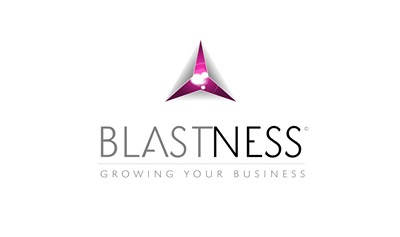
Blastness - RMS
by Blastness Vendor verified
Vendor verified
Cendyn Guestrev®
by Cendyn Vendor verified
Vendor verified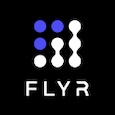
FLYR Hospitality | Optimize
by FLYR Vendor verified
Vendor verified
Revenue Management System
by hotellab Vendor verified
Vendor verified-(1).jpg)
AxisRooms Revenue Manager
by Hotelogix Vendor verified
Vendor verified-(1).jpg)
IDeaS G3 RMS
by IDeaS - a SAS Company Vendor verified
Vendor verified-(1).jpg)
IDeaS Function Space Revenue Management
by IDeaS - a SAS Company Vendor verified
Vendor verified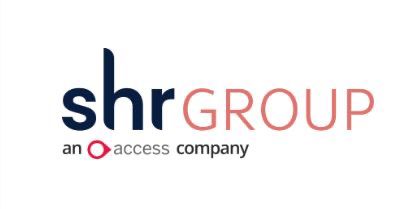
RMS
by SHR Group Vendor verified
Vendor verifiedRevenue Management Systems for Hotels
In today’s data-driven hospitality landscape, Revenue Management Systems are essential for optimizing profitability. These systems utilize advanced analytics to forecast demand, adjust pricing dynamically, and manage inventory efficiently. By integrating with hospitality management systems and hotel management systems, Revenue Management Solutions empower hotels to implement data-driven strategies, respond to market fluctuations, and maintain a competitive edge. Whether you operate a boutique hotel or a large chain, leveraging Revenue Management Systems is crucial to optimizing revenue, improving operations, and ensuring long-term success in an industry defined by fluctuating demand and perishable inventory.
What is a Revenue Management System for Hotels?
A Revenue Management System is a specialized hospitality technology solution designed to help hotels optimize their pricing and maximize revenue. By leveraging real-time data and advanced algorithms, Revenue Management Systems forecast demand, adjust rates based on market conditions, and manage room availability across multiple channels. These systems continuously analyze factors such as historical booking data, competitor pricing, and current market trends to determine the best rates for your rooms. This ensures that hotels can attract more guests during low-demand periods while capitalizing on high-demand periods with premium pricing.
The core functions of Revenue Management Solutions include demand forecasting, dynamic pricing, inventory control, and competitor analysis. By automating these processes, hotels can streamline operations and reduce manual errors, all while making informed decisions based on real-time data.
What is the purpose of Revenue Management Solutions?
The main purpose of Revenue Management Solutions is to:Maximize Revenue: Optimize room rates based on demand forecasts and market trends, allowing hotels to increase revenue.
Improve Efficiency: Automation and integration with hospitality software streamline daily operations, saving time and reducing manual errors.
Maintain Competitiveness: Monitor competitor pricing and market trends to adjust rates accordingly and maintain a competitive edge.
Make Data-Driven Decisions: Provide actionable insights and analytics to guide revenue strategy and operational decisions.
Optimize Distribution Channels: Manage room availability and pricing across all distribution channels, ensuring consistent pricing and minimizing overbooking or underselling.
What are the key features of Revenue Management Systems?
Key features of Revenue Management Systems include:Demand Forecasting: Uses historical data and current market conditions to predict future demand and optimize room rates.
Dynamic Pricing: Adjusts rates in real-time based on fluctuations in demand, competition, and market trends.
Inventory Control: Manages room availability and optimizes allocation across multiple distribution channels.
Competitor Pricing Analysis: Continuously tracks competitor rates and market positioning, allowing hotels to adjust their pricing strategies.
Automated Revenue Adjustments: Integrates with hotel management systems and channel management systems to automate rate updates, ensuring consistency and accuracy.
Customizable Reports: Provides detailed insights into performance metrics, occupancy rates, and revenue forecasts.
Segmentation: Tailors pricing strategies for different customer segments, room types, and booking channels to maximize profitability.
Channel Management Integration: Ensures that rates and availability are synchronized across all OTAs, direct booking sites, and other platforms.
How do Revenue Management Systems work?
Revenue Management Solutions operate by collecting and analyzing a wide range of data, including historical bookings, market trends, competitor pricing, and guest preferences. Using this data, the system forecasts future demand and suggests the optimal pricing strategy for each room type and distribution channel.These systems integrate seamlessly with a hotel’s Property Management System (PMS) and Central Reservation System (CRS) to synchronize availability and pricing across all booking platforms. This integration reduces the need for manual updates and ensures that rates are always up to date.For example, during a period of high demand, the system may recommend increasing room rates to maximize revenue. Conversely, during low-demand periods, it may suggest offering discounts or special promotions to attract more guests. By constantly monitoring the market and adjusting pricing in real-time, Revenue Management Systems ensure that your hotel is always priced competitively.
What are the benefits of Revenue Management Solutions?
Implementing Revenue Management Solutions offers a wide range of benefits for hotels, including:Optimized Revenue: Dynamic pricing ensures that room rates are always optimized based on demand and market conditions.
Improved Efficiency: Automation reduces the time and effort needed for manual pricing and inventory updates.
Enhanced Competitiveness: Continuous monitoring of competitor rates helps hotels maintain a competitive edge in the marketplace.
Accurate Forecasting: Demand forecasting enables better planning, reducing the risk of overbooking or underselling rooms.
Streamlined Operations: Integration with hotel management systems and hospitality software ensures consistent pricing across all distribution channels, minimizing manual errors.
Data-Driven Insights: Customizable reports and analytics provide valuable insights into performance, allowing hotels to refine their revenue strategies.
Scalability: Whether you're managing a single property or a global chain, Revenue Management Solutions can scale to meet the needs of any hotel size.
Who should use a Revenue Management System?
Revenue Management Systems are essential for hospitality professionals looking to optimize revenue and streamline operations. They are beneficial for:Revenue Managers: To optimize room pricing based on comprehensive data analysis and market trends.
General Managers: To improve overall hotel profitability by implementing dynamic pricing strategies.
Sales & Marketing Teams: To align promotional efforts with optimal pricing strategies and boost direct bookings.
Hotel Chains & Independent Properties: Both large chains and smaller hotels can benefit from enhanced revenue management and pricing optimization.
Hospitality Consultants: To provide strategic recommendations on revenue optimization and pricing strategies to their clients.
Online Travel Agencies (OTAs): To monitor market rates and offer competitive pricing to attract customers.
How do Revenue Management Systems interact with other systems?
Revenue Management Systems integrate seamlessly with other core hotel systems, including the Property Management System (PMS), Central Reservation System (CRS), and Channel Management System (CMS). These integrations ensure that all pricing, availability, and booking information is synchronized across all platforms. This reduces the need for manual updates and ensures that rooms are priced consistently across all channels.
By leveraging data from hospitality management systems, hotel management systems, and channel management systems, Revenue Management Solutions provide a holistic view of the hotel's performance, enabling better decision-making. For example, if the system detects an increase in demand for a particular weekend, it can automatically adjust room rates across all distribution channels, ensuring the hotel captures as much revenue as possible while maintaining rate parity.
Revenue Management Systems are vital for hotels looking to optimize their pricing strategies and maximize profitability. By automating processes, providing data-driven insights, and integrating with key hospitality solutions, Revenue Management Solutions enable hotels to remain competitive in a dynamic marketplace. Whether managing a small boutique property or a large hotel chain, implementing robust Revenue Management Solutions can significantly enhance revenue management and improve operational efficiency, ensuring long-term success.
News (5)

Lighthouse acquires The Hotels Network: A new era for hospitality marketing and direct bookings

Cendyn highlights customer success – wins five Adrian Awards!

Infor introduces advanced revenue management solution for the hospitality industry

Stay ahead in 2025: Middle East MICE trends hoteliers can't miss

Unlocking growth: The Middle East MICE market's corporate surge in 2024
Blogs (5)
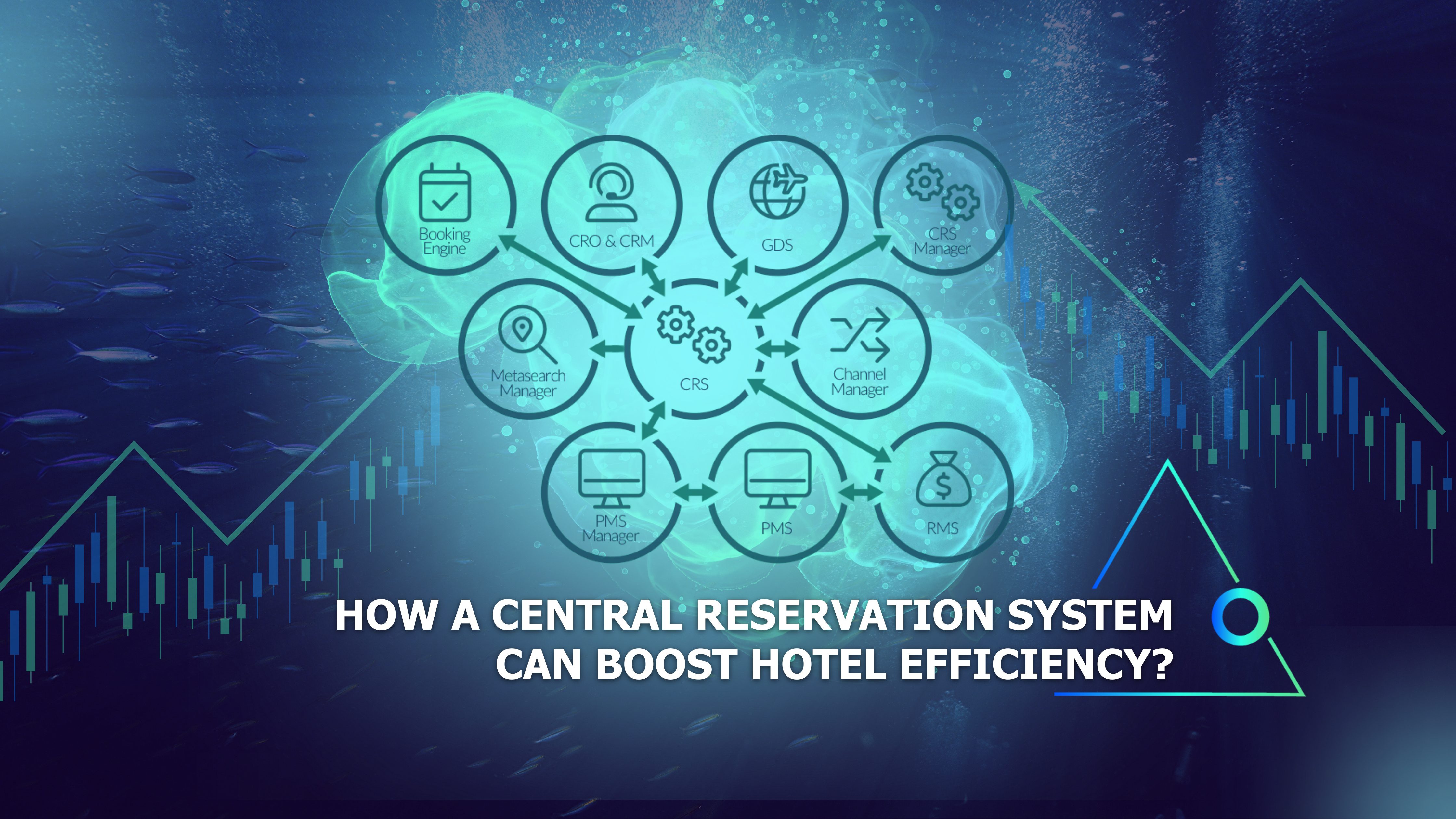
Boost Hotel Efficiency with a Central Reservation System (CRS)

Disruptive Trends & the Future of Hospitality

The Impact of Hotel CRM on Customer Loyalty
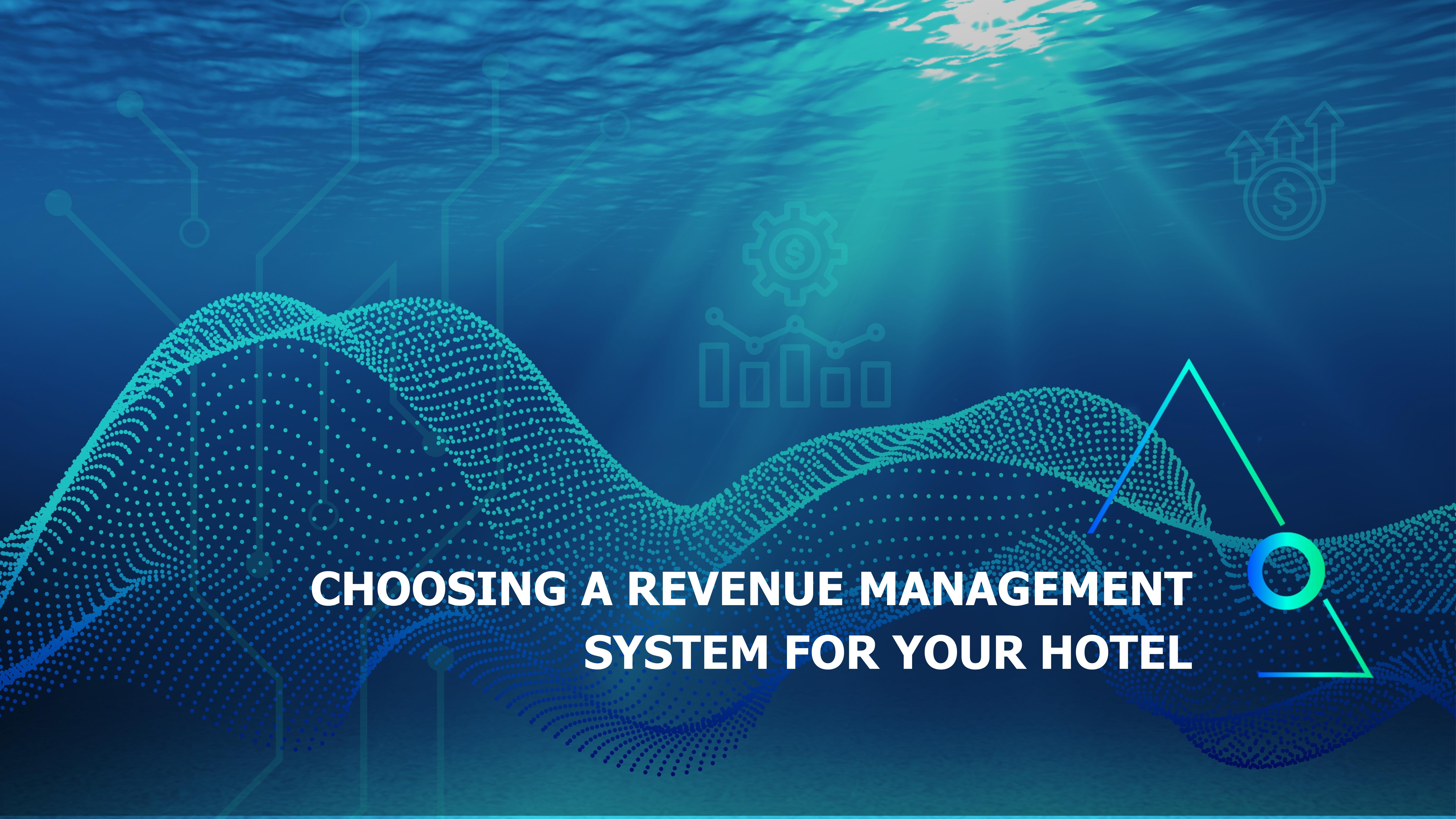
Choosing a Revenue Management System for Your Hotel
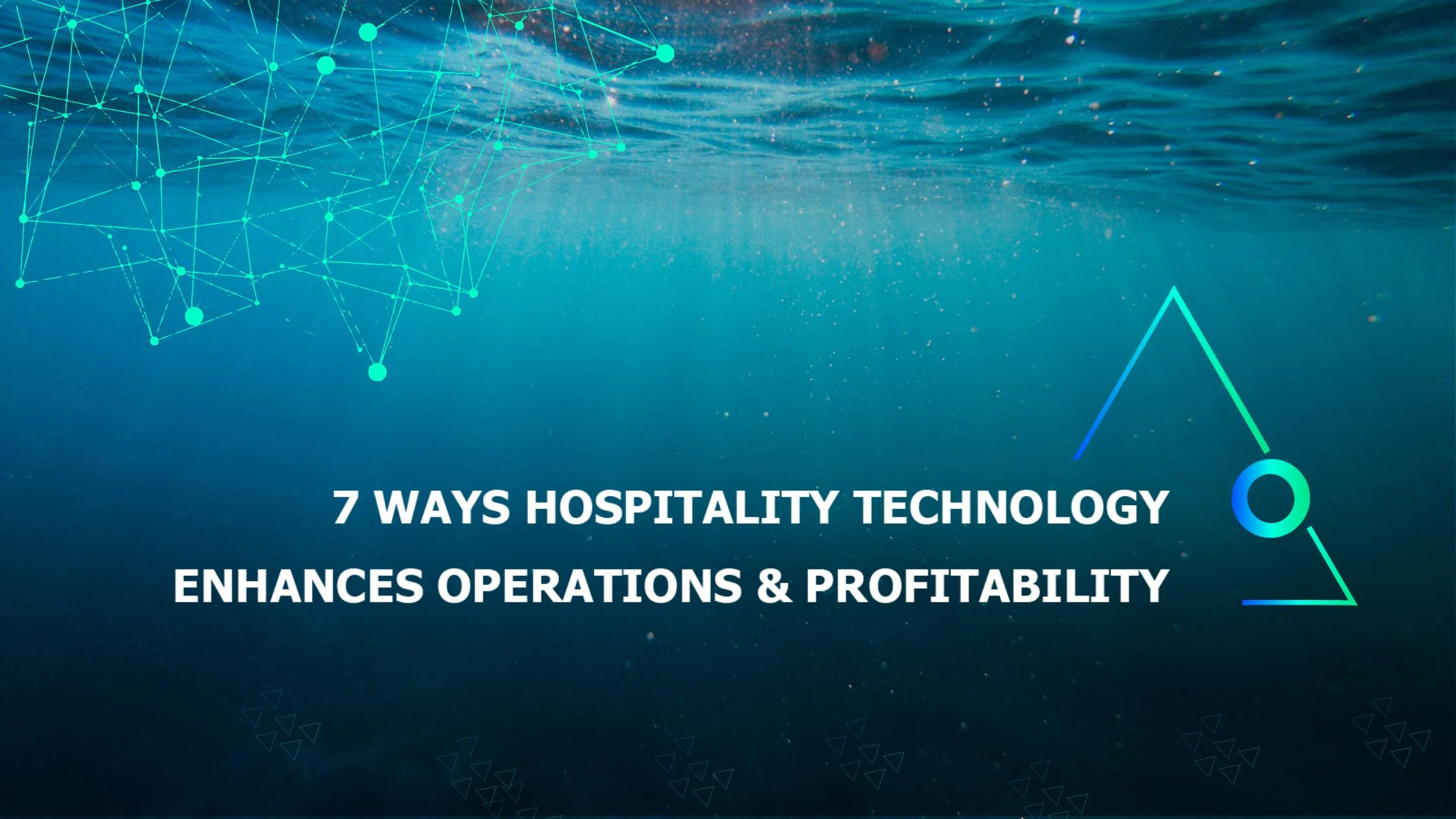
7 Ways Hospitality Technology Enhances Hotel Operations & Profitability